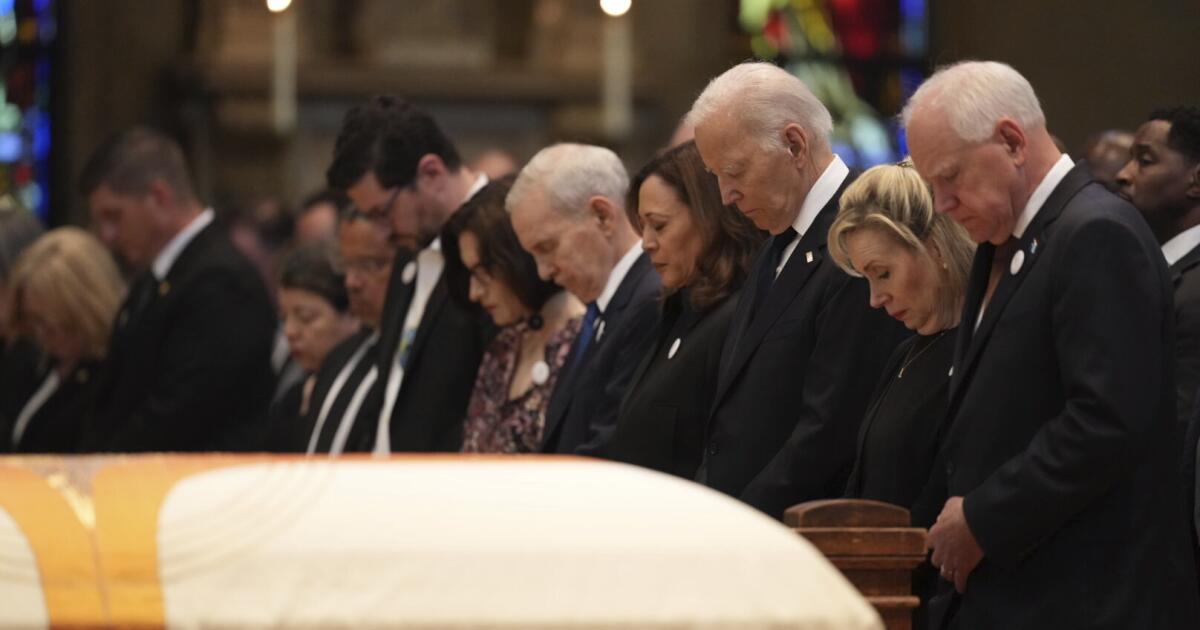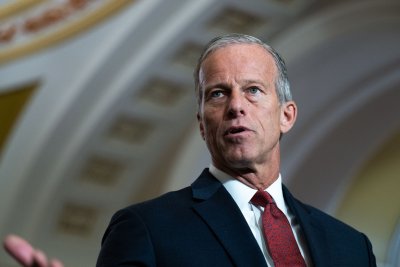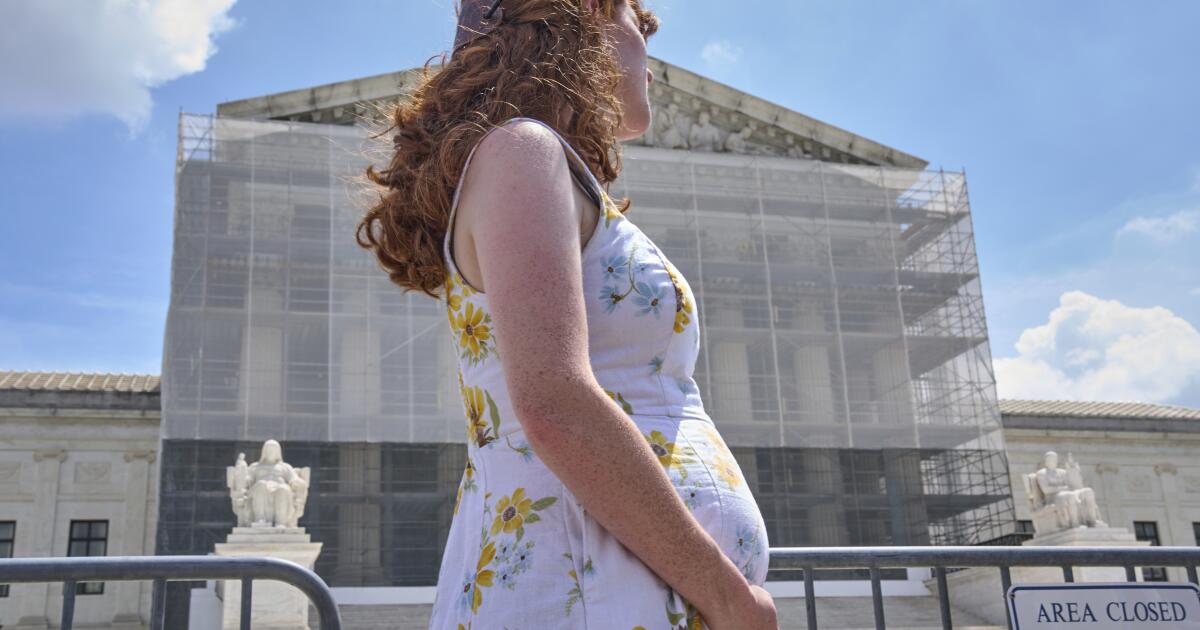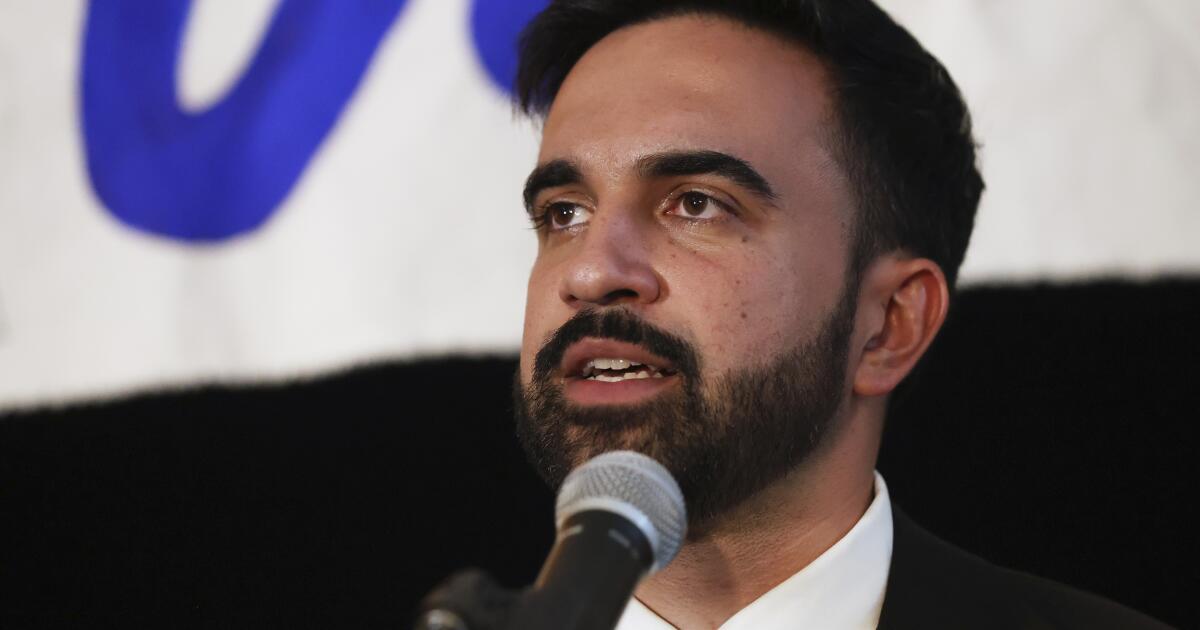The success of Zohran Mamdani in New York City’s Democratic primary for mayor is thrilling for Hari Kondabolu, a stand-up comedian who’s been friends with him for 15 years.
Mamdani stunned the political establishment when he declared victory in the primary on Tuesday, a ranked-choice election in which his strongest competition, former New York Gov. Andrew Cuomo, conceded defeat.
When he launched his campaign, the democratic socialist ranked near the bottom of the pack. Now, the 33-year-old state assemblyman has a chance to be New York City’s first Asian American and Muslim mayor.
Mamdani’s family came to the United States when he was 7, and he became a citizen in 2018. He was born to Indian parents in Kampala, Uganda.
For Kondabolu, this moment is not just exciting, but emotional.
“I think so many of us have had those experiences in New York of being brown and in a city that has always been really diverse and feels like ours. But after 9/11, like you start to question it like, is this our city too?” Kondabolu said. “And 25 years later … it’s surreal, like this is the same city but it’s not because we’ve elected this person.”
Mamdani’s campaign has piqued the interest of many Indian, Pakistani and other South Asian Americans, as well as Muslims — even those who may not agree with Mamdani on many issues. Some see his rise as a sign of hope in a city where racism and xenophobia erupted following the Sept. 11, 2001, terrorist attacks.
Riveted by the primary election
Many of New York City’s more than 300,000 South Asian residents have been inspired by Mamdani’s extraordinary trajectory.
“My mom was texting her friends to vote for him. I’ve never seen my mother do that before,” Kondabolu said. “So the idea that it’s gotten our whole family activated in this way — this is, like, personal.”
Snigdha Sur, founder and chief executive of the Juggernaut, an online publication reporting on South Asians, has been fascinated by the response from some people in India and the diaspora.
“So many global South Asians … they’re like, ‘Oh, this guy is my mayor and I don’t live in New York City,’” Sur said.
At the same time, some are also concerned or angered by Mamdani’s past remarks about Indian Prime Minister Narendra Modi, whom he called a “war criminal.”
In 2005, Washington revoked Modi’s visa to the U.S., citing concerns that, as chief minister of the state of Gujarat, he did not act to stop communal violence during 2002 anti-Muslim riots that left more than 1,000 people dead. An investigation approved by the Indian Supreme Court later absolved Modi. Rights groups have accused Modi’s government of widespread attacks and discrimination against India’s Muslims and other minorities.
In Michigan, Thasin Sardar has been following Mamdani’s ascent online. When he first heard him, the candidate struck him as “genuine” and he felt “an instant connection,” he said.
“As a Muslim American, this victory puts my trust back in the people,” said Sardar, who was born and raised in India. “I am happy that there are people who value the candidate and his policies more than his personal religious beliefs and didn’t vote him down because of the color of his skin, or the fact that he was an immigrant with an uncommon name.”
New York voter Zainab Shabbir said family members in California and elsewhere have also excitedly taken note.
“My family in California, they were very much like, ‘Oh, it’s so nice to see a South Asian Muslim candidate be a mayor of a major city,’” she said. A brother told her Mamdani’s rise is a great example for his kids, she said.
But the 34-year-old — who donated, voted and canvassed for Mamdani — said it was his vision for New York City that was the draw for her. She and her husband briefly chatted with Mamdani at a fundraiser and she found him to be “very friendly and genuine.”
She suspects that for some who aren’t very politically active, Mamdani’s political ascent could make a difference.
“There’s a lot of Muslim communities like my parents’ generation who are focused a lot more on the politics back home and less on the politics here in America,” said Shabbir. “Seeing people like Zohran Mamdani be in office, it’ll really change that perspective in a lot of people.”
Embracing Indian and Muslim roots
Supporters and pundits agree that Mamdani’s campaign has demonstrated social media savvy and authenticity. He visited multiple mosques. In videos, he speaks in Hindi or gives a touch of Bollywood. Other South Asian American politicians such as Democratic Bay Area congressman Ro Khanna praised that.
“I love that he didn’t run away from his heritage. I mean, he did video clips with Amitabh Bachchan and Hindi movies,” said Khanna, referencing the Indian actor. “He shows that one can embrace their roots and their heritage and yet succeed in American politics.”
But his triumph also reflects “the urgency of the economic message, the challenge that people are facing in terms of rent, in terms of the cost of living, and how speaking to that is so powerful,” Khanna said.
Tanzeela Rahman, a daughter of Muslim immigrants from Bangladesh, said she grew up “very low income” in New York.
“I felt seen by him in a way politicians have not seen me ever,” the 29-year-old financial systems analyst said. “I think very few people in government understand … how hard it is to survive in New York City.”
She found Mamdani to be “unabashedly Muslim” and also “a voice, who, literally, to me sounds like a New Yorker who’s stepping in and saying, ‘Hey, let’s reclaim our power,’” she said.
While Mamdani has been speaking to the working class, he had a somewhat privileged upbringing. His mother is filmmaker Mira Nair and his father, Mahmood Mamdani, is a professor at Columbia University.
He lived in Queens but attended the Bronx High School of Science. Even as a teen, he cared about social justice, recalled Kondabolu, his comedian friend.
His campaign messaging on issues such as affordable housing and free bus rides might not resonate with South Asian households in New York City who have income levels above the median. But his campaign and “great kind of sound bites” earned support from that demographic too, according to Sur.
“It was, I think, a surprise that he did so well among the wealthiest, including his own community,” Sur said.
Mamdani’s outspoken support for Palestinian causes and criticism of Israel and its military campaign in Gaza resonated with pro-Palestinian residents, including Muslims, but caused tension in the mayor’s race. Some of his positions and remarks on the charged issue have drawn recriminations from opponents and some Jewish groups, though he’s also been endorsed by some Jewish politicians and activists.
Racism and xenophobia
Mamdani’s success immediately elicited strong anti-Muslim and anti-immigrant rhetoric from some high-profile conservatives on social media, including pro-Trump media personality Charlie Kirk, who posted that “legal immigration can ruin your country.” In response, Rep. Maxwell Frost (D-Fla.), the youngest member of Congress, wrote on X: “For years they sold people the lie of ‘we have no problem if you come the right way!’”
Mamdani’s supporters aren’t concerned that racism and Islamophobia will distract from his campaign. Those feelings clearly weren’t “enough for him to lose” the primary, Kondabolu said.
“There’s a new generation that wants their voice heard, and that generation came out in full force, not just by voting, but by, like, getting all these other people to be emotionally invested in this candidate,” he said. “That’s extraordinary.”
Tang and Fam write for the Associated Press. AP writer Matt Brown in Washington contributed to this report.






















